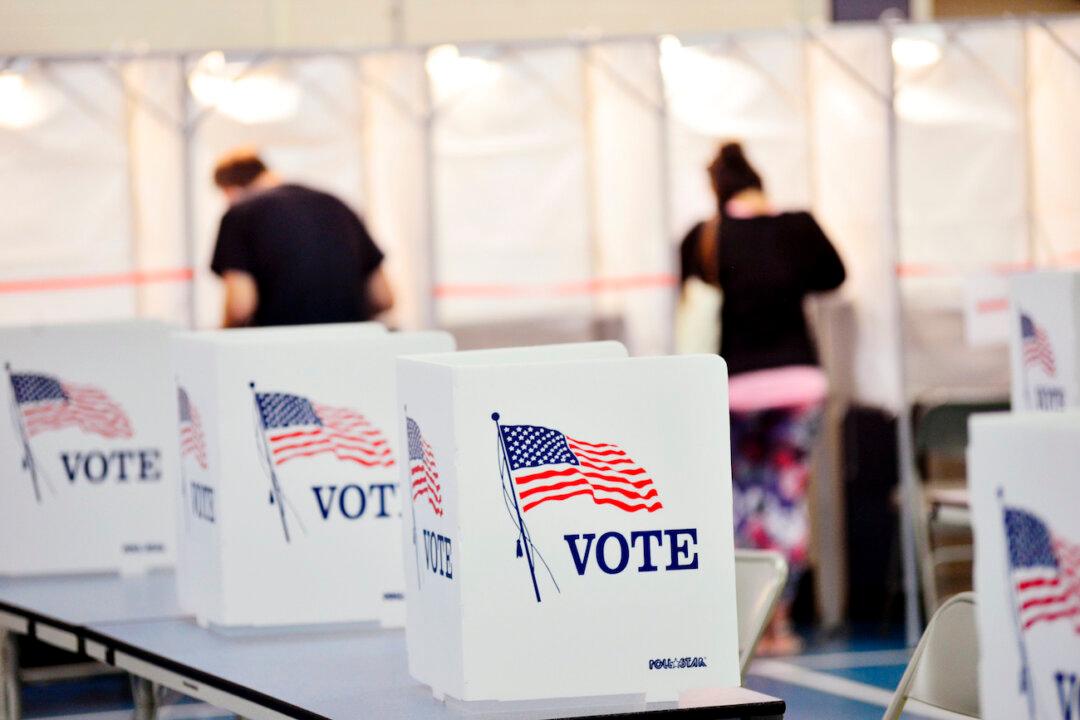When Hayden Ludwig and a colleague showed up at the Civic Participation Action Fund’s (CPAF) Washington, D.C., office in 2019 seeking copies of the group’s most recent tax returns, they were greeted by an angry Stephen McConnell.
McConnell, then-CPAF’s president, demanded to know who paid his inquisitors’ salaries. Ludwig identified himself as an investigative researcher for the Capital Research Center (CRC), and his colleague as an intern there.





